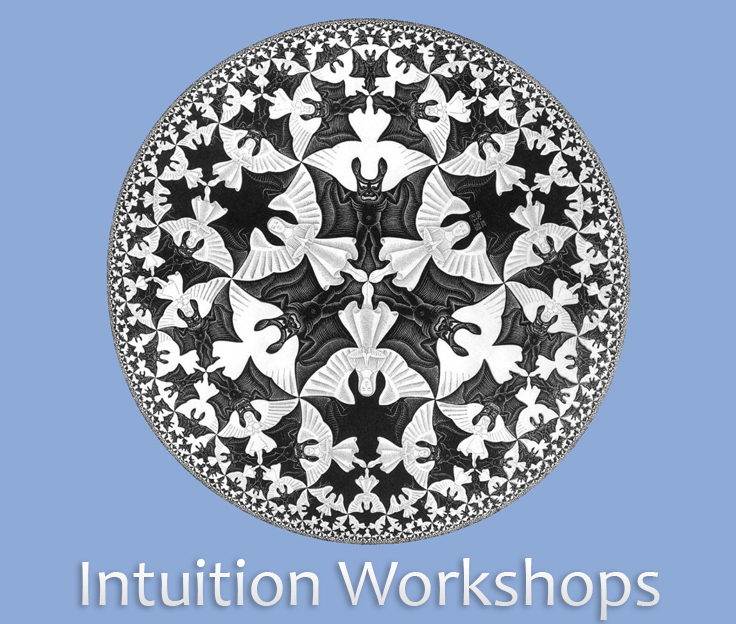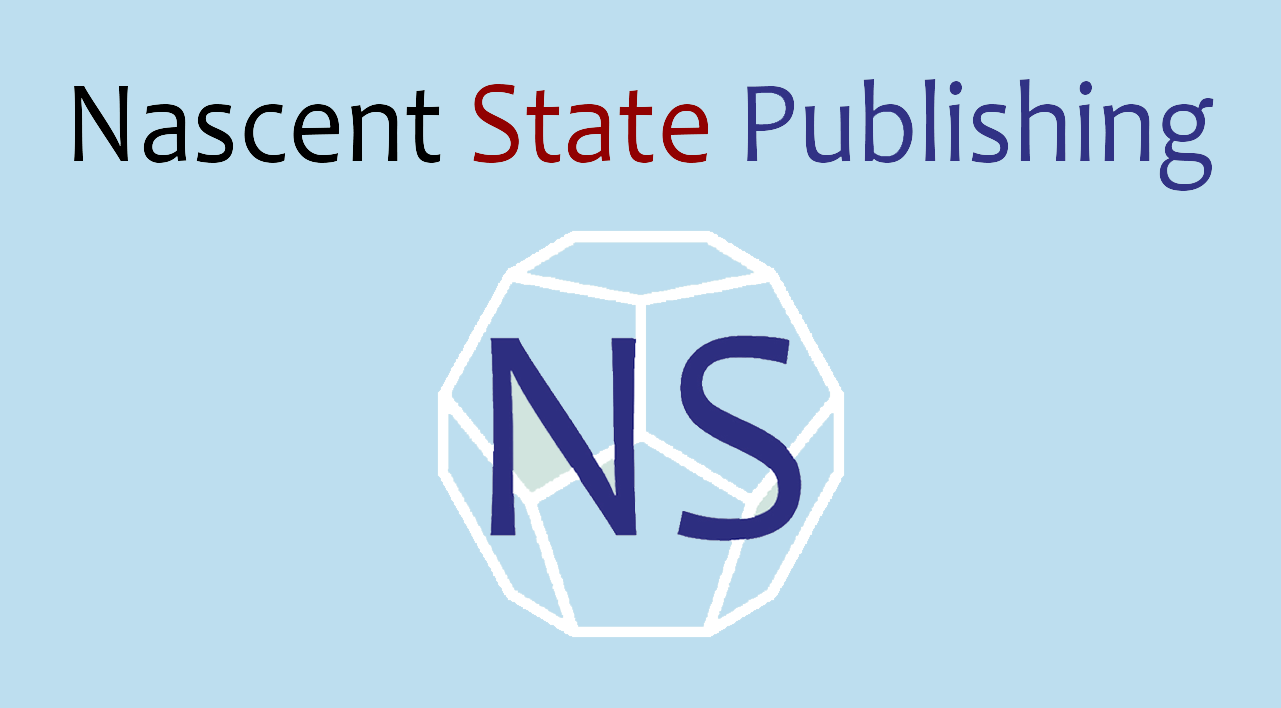
It might seem absurd to say it, but within a handful of years, a new ‘anti-tech’ movement will emerge. The new movement, when it emerges, will be held with the fervour of a religion, and will divide those in favour of technology, from those against it.
It present, technology is regarded as a universal ‘good’. This will change. Norbert Wiener, who founded cybernetics, stated that the impact of automation on society would make the depression of the last century seem like a ‘pleasant joke’. Geoffrey Hinton, who founded AI, had the same reservations, and only last year resigned his position at Google so he could speak freely about the risks.
Developments in technology have inspired reactionary movements before – nuclear weapons, environmental damage, and mass-vaccination programs – but these have been largely fringe movements. Technological unemployment will affect the masses. It is possible to predict this, not owing to any clairvoyance, but owing to the nature of logic.
Logic forces us to see the world in terms of ‘right and wrong’ or ‘good and evil’. Aristotle, who founded logic, said, ‘If no B is A, neither can any A be B.’ The clarity of logic is highly useful in physics and chemistry, but not so useful in society. Black and white logic has given rise to ideologies, pogroms, inquisitions, witch-hunts, and revolutions.
Intuition works differently from logic. Intuitively we can know when an unkind remark is careless or malicious, or when an account is honest or misleading, or when an enjoyment has become unhealthy. The intuitive mind is the watching mind, and if we attend to it, we can vary our responses accordingly.
We face a future where ongoing change will be met with the fixed attitudes of logic. This is unavoidable. As individuals, however, we can develop coping strategies. One of these is the practice of ‘equanimity’, which is essential to intuition.
I am in the process of setting up Intuition Workshops here in Bath. For those who want to know more about intuition and its methods, the workshops may be of interest. The link below provides more details:
(Artwork: Circle Limit IV by M. C. Escher)
